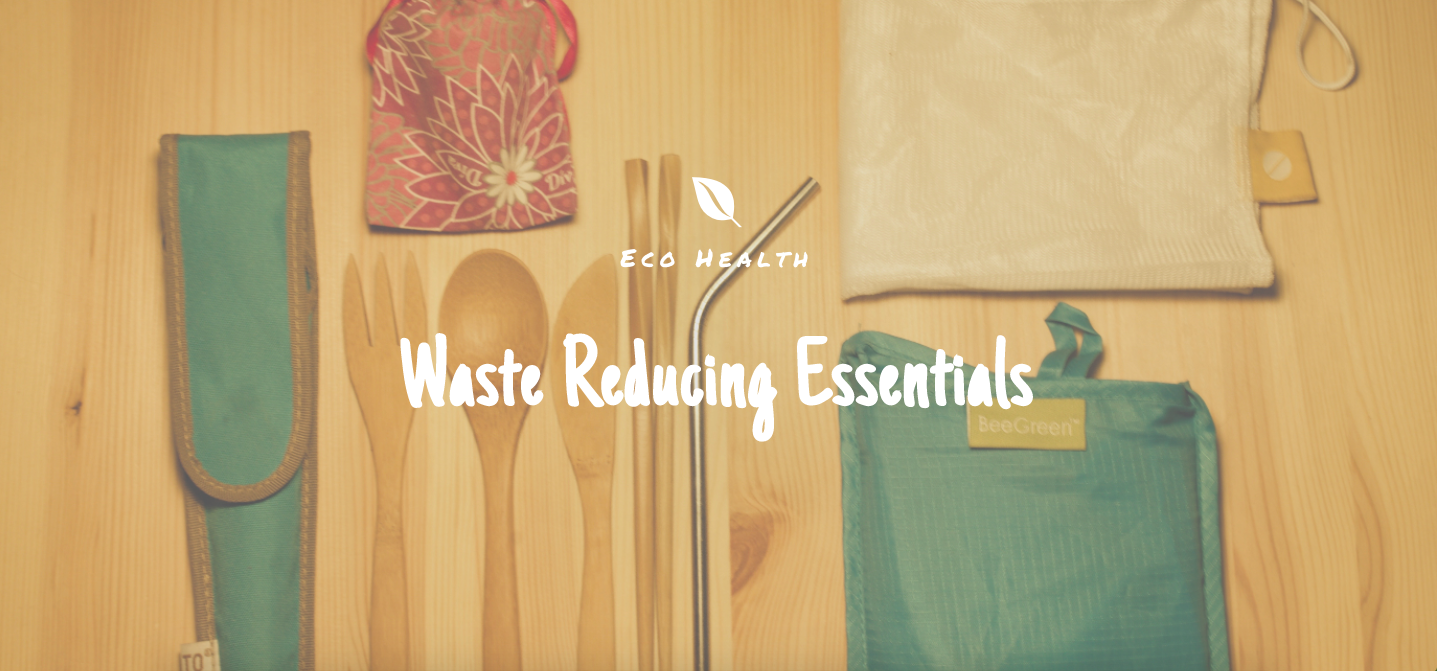Have you ever counted how many times you used and disposed of plastic in a single day? A few months ago a did a week long plastic tally challenge inspired by Hannah McNeely. I worked hard (or so I thought) to keep my number low and was still disheartened by the amount of single use plastic I used.
Part 1: The Earth
Plastic is petroleum based, made of PET (polyethylene terephthalate) and WILL NOT biodegrade in your lifetime (or even at all for that matter, it only turns into tiny plastic microparticles which still leach all the same chemicals). Try to picture all of the single use, plastic water bottles, take out containers, straws, grocery bags, spoons, forks and knives that you have used in your life and picture them all in this gigantic pile of garbage that will stay on this planet even after you are gone. For the sake of our children and childrens-children, we should be working to clean and preserve our planet, not bring them into this world without habitable land and water.
Part 2: The Ocean
UV light is what breaks down large plastic into micro-plastic pieces, so when much of the earths plastic is blown into our vast connecting body of water, it is exposed to high levels of unobstructed UV rays and breaks down much faster than in landfills (in approximately one years time). Sounds great right? BUT IT IS SO SO WRONG. Not only are plastics in the ocean killing the aquatic animals that eat them, they are also leaching chemicals into our water. And that’s a bring problem to us, because we all drink water. And this eloquently leads us to part 3…
Part 3: Your Health
Plastic contains chemicals such as BPA, BPS, BPF and phthalates which are a few of the many endocrine disrupting chemicals (EDCs) we are exposed to on a daily basis. EDCs interfere with our bodies normal hormone responses and interfere with body processes. BPA, BPS and BPF have an estrogenic effect associated with male and female infertility, PCOS, breast and prostate cancer. Phthalates have been shown to lower sperm count, sperm mobility and cause birth defects in the male reproductive system. Phthalates are also associated with obesity, diabetes and thyroid diseases. WITH ALL THAT BEING SAID, plastic is something we can choose to avoid by not eating or using products that are held in plastic. HOWEVER, all of the plastic in the ocean that is breaking down more quickly is also leaching these chemicals into our water supply more quickly and affecting the health of the planet.
What you can do about it
Here are some very easy and very simple steps you can take in your life to reduce the amount of plastic waste you are contributing:
- Reusable grocery bags: put them in your car, your purse, your backpack, your gym bag and everywhere else you can think of.
- Reusable produce bags: these are such a simple and easy switch and just keep them in the reusable grocery bags
- Utensils and Straws: carry utensils and straws with you, I use a bamboo kit by ToGoWare that has a fork, spoon, knife and chopsticks and was easily able to add a metal straw to keep my to go utensils organized and easy to carry
- Mason Jar: since I want to minimize the amount I carry around with me, I chose to use a mason jar as a water bottle, coffee mug, smoothie cup and whatever other liquids I may want to purchase on the go
- Dine in: instead of getting to go containers, consider dining in when you can.
- Uteruses Only – Silicone Menstrual Cup: no only do silicone menstrual cups reduce waste by being use for at least 3 years, they also save you money, require less frequent emptying and reduce your risk of toxic shock syndrome! Not to mention the reduced exposure to pesticides that are common in non-organic cotton tampons.
Here are some very easy and very simple steps you can take in your life to reduce the amount of plastic waste you are contributing:There are SOOOOO MANYYYYY more things you can do to save the environment, these are the simple things that I have been implementing and I am still VERY FAR from living #zerowaste but perfection is not the goal for me, being happy with my efforts if all I need.
Love & light,
Ambs

